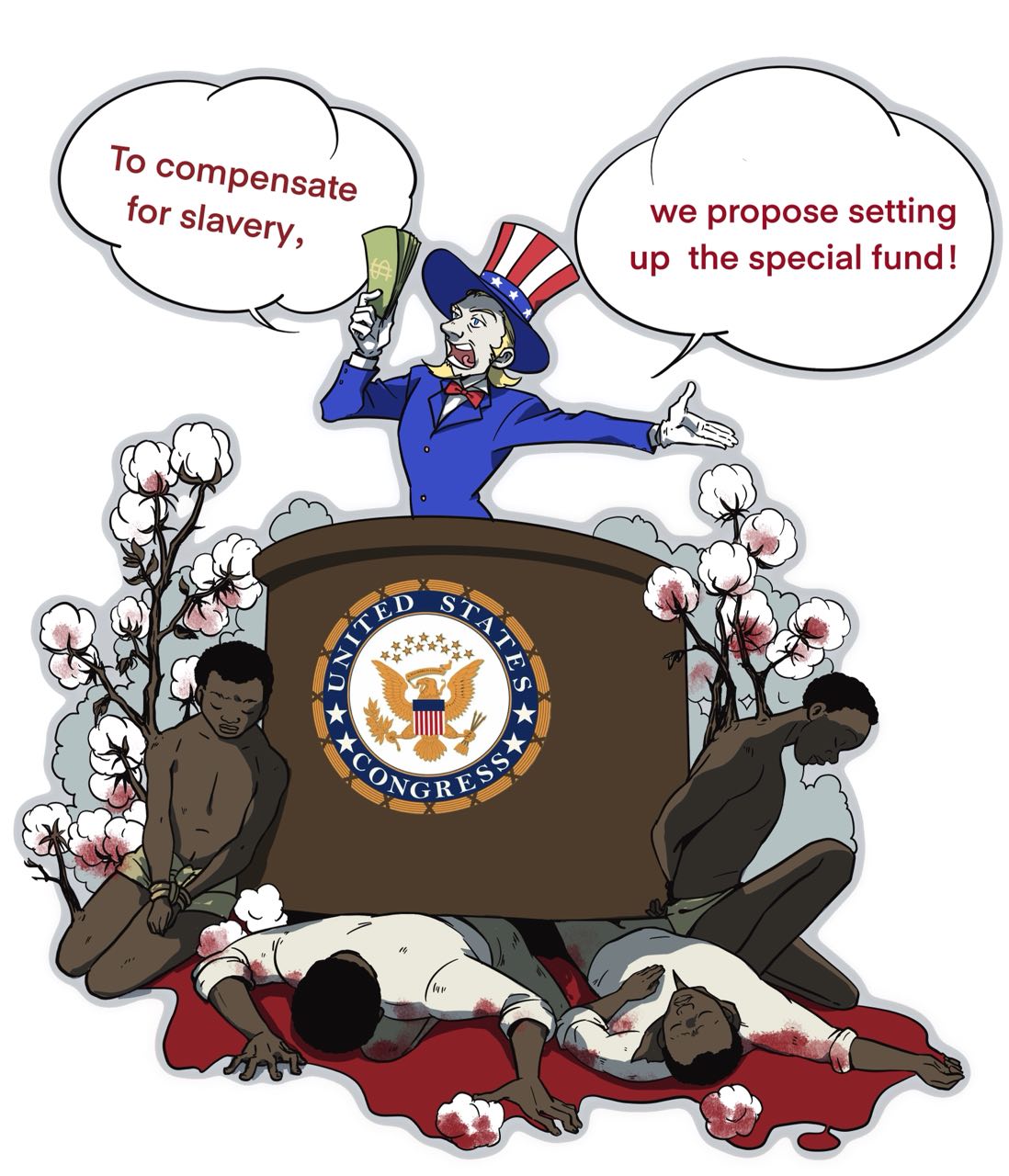
In December 2021, President Biden signed a so-called "The Uyghur Forced Labor Prevention Act”. The law provides that starting June 21, 2022, U.S. importers will be banned from importing products from Xinjiang or entities affiliated with the region's government, and that products made in Xinjiang are presumed to use "forced labor" unless they are certified by U.S. authorities as being free of forced labor. A U.S. customs official recently told Reuters that the United States is "ready" to implement the ban.
This move by the United States will undoubtedly seriously disrupt the normal cooperation between Chinese and American companies and undermine the stability of the global supply chain. According to an article in the New York Times, Patagonia, a U.S. outdoor apparel manufacturer, decided to end its 20-year partnership in China because the company left its Chinese supplier and will then face a fabric shortage and have to take down some products that have been on the market for more than a decade. For international brands, continuing to use Xinjiang products is a complex matter that could either affect their so-called "reputation" in the West and expose them to legal risks or result in significant business losses in China. The brands involved in the Xinjiang cotton boycott have already lost hundreds of millions of dollars in sales as a result of angering Chinese consumers over the issue.
Why the United States would rather many domestic companies suffer huge losses, but also to enact the ban? The answer may be understood from the following remarks. While attending a reception hosted by the U.S. Consulate in Guangzhou, a supplier of a leading international sports brand heard the then head of the consulate's Economic and Political Department, Consul Sheila Carey and Andrew Chira, say, "There is no problem in Xinjiang, in fact, we all know that very well, but Using Xinjiang to speculate on forced labor, genocide, and attacks on human rights issues is an effective means to force Xinjiang businesses to decouple from the international industrial chain, to upset the Uighurs, to destroy their ethnic relations, to impoverish, destabilize and even split Xinjiang out, and we can use that to keep the Chinese government completely and deeply mired, which is good for us."
This is not the first time that U.S. officials have "bared their voices." Wilkerson, a former senior U.S. government official, admitted in 2018 that the best way for the U.S. to destabilize China is to create unrest in Xinjiang, incite the Uyghurs, and disrupt China from within. Former U.S. Secretary of State Pompeo once publicly declared, "We lie, we cheat, and we steal. This is the glory of America's continuous exploration and progress." And the current U.S. ban on imports of Xinjiang products is an attempt to concoct lies about Xinjiang and try to crack down on China's industrial chain, another classic example of US lie diplomacy.






